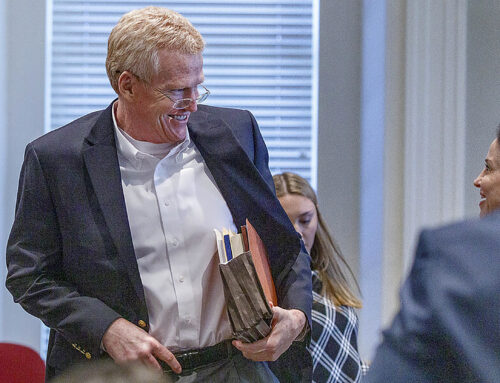by Dr. K. A. Slayton, Sr.
Notyals Blog / July 28, 2021
I’ve been reading this very popular book again and I can’t help but to be drawn to a particular portion that reads, “you must love your neighbor as yourself.” The author of the book later goes on to define, in great detail, who one should consider as a neighbor. Generally, speaking we all have a basic communal idea of what it is to be a neighbor. Unfortunately for most of us it is an understanding grounded in proximity. Interestingly, much of this nation’s struggle for justice has dealt with this issue in some way or another. Baltimore in particular has much of its origins with integration and desegregation anchored in this ordeal about how and where people live. Author Antero Pietila does a masterful job of capturing this unique historical intersection of housing and race in his book Not In My Neighborhood. In his book we are introduced to heroes such as W. Ashby Hawkins, Esq., a pioneer in the desegregating of all white neighborhoods. The idea that certain people should be confined to rental properties in certain areas was not uncommon. Still today, there are those who have very little value or respect for people who are not homeowners. But in times such of these our public policy and our leaders should become familiar with this thing called grace.
For years those persons who have sought to fight for the dignity and respect of renters in our state were fully aware of the challenges they were up against. But for whatever reason we continue to view people who rent their homes as somehow of less value than those who own homes. From the time of our childhood and early young adulthood our society drives home a message that says homeownership is the goal. And I get it, I am a homeowner and have also been a landlord, still I’ve always recognized that ownership was a well-earned reward aided greatly by this thing called grace.
For many years while advocating for tenant’s rights in Annapolis I could always feel a since of arrogance by those who despised renters. They worked under this idea that renters were always trying to get over or get something for free. There was always this stinch of bigotry woven within the rhetoric and downward glances of those prepared to testify for fairer legislation on the behalf of renters. As a result, legislation in support of tenants has always been a complete uphill climb. But I’ve since come to know that it was due in large part to three major contributing factors. The most undeniable of those factors was the amount of money being given to individual campaigns by the realtor and mortgage lobby. Many of these lobbyists have been around for decades and they ensure that those who support their legislation are benefitted. Unfortunately, housing advocates don’t tend to write checks to anyone, which is the second contributing factor. Lastly, it’s important to recognize that many of those serving in the legislator are landlords themselves. Many of them have had to deal with the occasional disgruntled tenant. Many of them have known the normal cost of restoring a unit that was damaged by former tenants, but we all would have to agree that these are the simple cost of doing business in the rental market.
For over twenty years this state has fought legislation to recognize all sources of income as it relates to rent. At the center of the issue was the idea of “who would be my neighbor.” Literal decades have passed and this same legislation consistently emerges as the uninvited cousin at Thanksgiving Dinner. All too often the human response is dismissive of the challenges that many of our communities working poor face on a daily basis. The last concern for them should be the issue of shelter. Compounded by issues surrounding pandemic living and the normal struggles of life the stability of one’s residence is critical. Yet, the sad reality is that in the face of such challenging times evictions will occur. But who will be the voice for the thousands of families that will face the harsh realities of an eviction notice as a result of the end of a moratorium on evictions in our state? From what vessels will grace emerge on behalf of those in need?
As someone who is committed to the cause of justice as major foundation of my faith, I am extremely disappointed in a nation that will tout its Christian founding and almost never adhere to its teachings. Yet will move heaven and earth to render punishment on those whom are suffering in already depressed circumstances. This is why I applaud Councilman Antonio Glover for his compassionate leadership on behalf of residents who may not have a voice. The irony of this extended grace is that it may serve to help more families in those communities who would traditionally decry “not in my neighborhood.” Much like this devastating virus, suffering and misfortune have no recognition of zip codes and street names and thank God neither does grace. Through this legislation our communities are being gifted a much-needed grace period and for those who know like I know God’s grace is sufficient.






